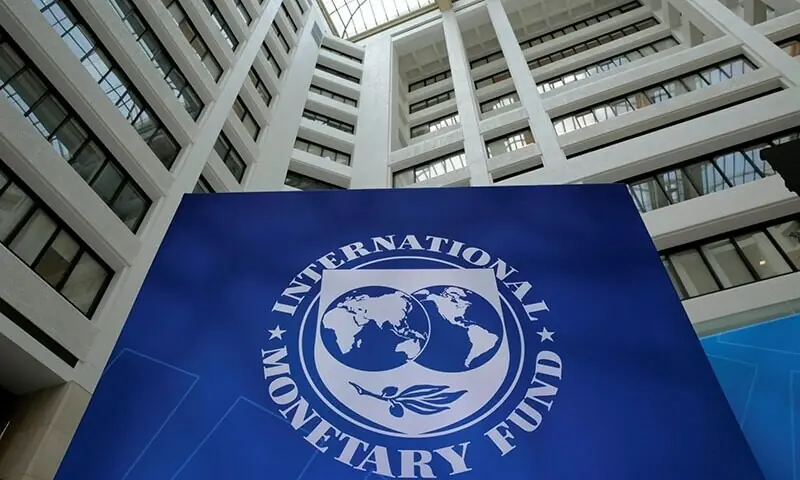• Another round of discussions may soon take place in Washington
• Islamabad must provide verified estimates of flood-related losses and ensure that provinces absorb these costs from their own resources.
• Government advances asset declarations to meet IMF benchmarks
ISLAMABAD: An International Monetary Fund (IMF) staff mission on Wednesday concluded talks with Pakistani authorities on reviewing two loan programs totaling $8.4 billion without announcing a staff-level agreement, although official channels insisted there was no immediate plan to burden taxpayers with new measures.
Sources said another round of discussions could take place on the sidelines of the World Bank and IMF annual meetings in Washington in the coming days to resolve the last mile issues.
Finance Minister Muhammad Aurangzeb is scheduled to leave for the United States later this week with a delegation that includes Finance Secretary, State Bank of Pakistan (SBP) Governor and Federal Board of Revenue (FBR) Chairman.
Officials said Islamabad would have to provide verified estimates of flood-related losses and ensure that provinces absorb these costs from their own resources without compromising cash surplus commitments to the Centre. For the current fiscal year, Punjab has to provide surplus cash of Rs 740 billion, followed by Rs 370 billion from Sindh, Rs 220 billion from Khyber Pakhtunkhwa and Rs 185 billion from Balochistan.
Sources said that in this context, the IMF mission did not hold a formal conclusion meeting with the finance minister before leaving, although both sides met with Prime Minister Shehbaz Sharif, given their recent engagements with the IMF managing director to discuss flexibility in light of the flood damage.
According to sources, a select team of the IMF mission visited the minister on Monday.
The visiting team, led by mission chief Iva Petrova, did not issue a usual end-of-mission statement and its representative office did not respond to requests for comment.
However, official sources said talks had gone “smoothly” so far and there was no immediate need for additional fiscal measures to cover the deficit, although the fiscal target may have to be revised depending on first-quarter GDP data, which will be released in the last week of December.
At that time, the question of new measures or changes in rates would come from January 1, 2026, to cover the gaps in the first half of the fiscal year, in view of the biannual nature of the review.
Officials to declare assets
Separately, the government on Wednesday notified draft amendments to the Public Servants Asset Distribution Rules, 2023, to meet the IMF’s demand for governance reforms, under which all civil servants of grade 17 and above at federal, provincial and local levels and state-owned enterprises would be required to submit their electronic asset and income declarations for public review through the FBR.
However, the draft rules exempted serving officers of the armed forces.
The FBR has invited public comments within seven days to meet the IMF deadline. Under these rules, all public servants including officials of federal or provincial governments or autonomous bodies, corporations and companies owned by such governments having Grade 17 or above would have to file an e-return in the format agreed upon by the SBP and the FBR.
However, these statements would not be publicly available as the relevant banks would be required to ensure a unique, secure and pre-notified email address that would be under the control and responsibility of the bank’s head of compliance for data authorisation, use and security.
The banks would share the credentials of the designated focal persons with the FBR to ensure secrecy of information. All required information will be transmitted in abbreviated form.
However, this requirement for electronic disclosures and declarations would not apply to persons exempt under the National Accountability Ordinance of 1999.
According to the ordinance, this exemption applies to a “person who is a member of any of the armed forces of Pakistan, except a person who is, or has been, a member of such forces and holds or has held a position or office in any public corporation, bank, financial institution, company or other organization established, controlled or administered by or under the federal government or a provincial government or, without prejudice to any provision contained in the Pakistan Army Act of 1952. (XXXIX of 1952) or any other law for the time being in force, a person who is a civilian employee of the armed forces of Pakistan.”
Published in Dawn, October 9, 2025









